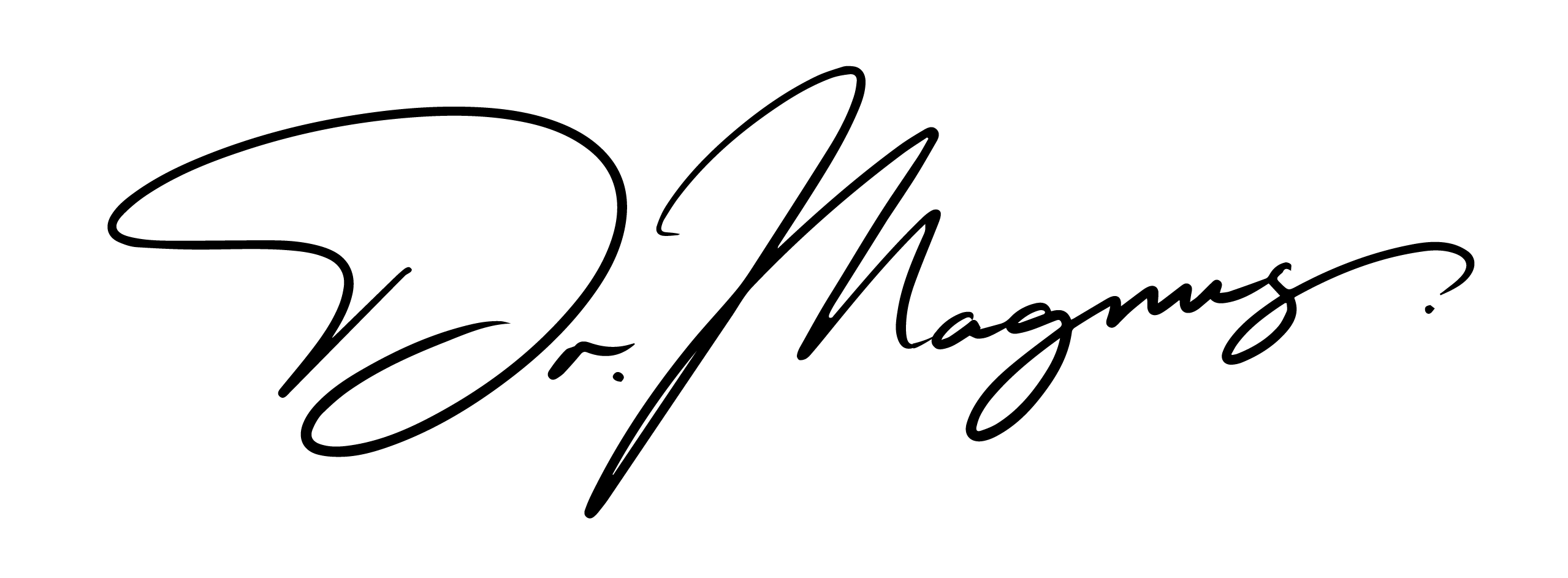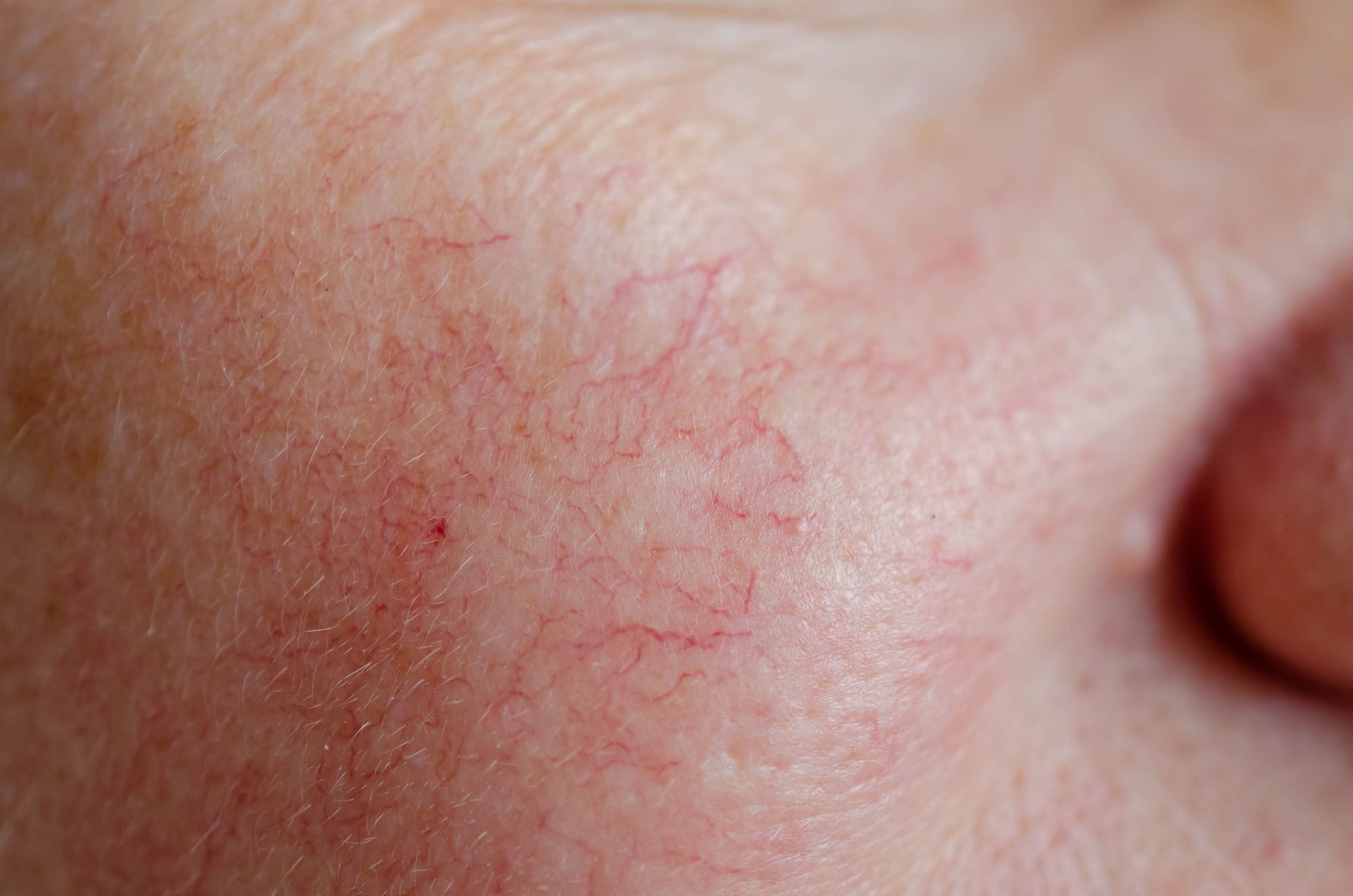 | 8 min read
| 8 min read
The earliest symptoms of rosacea is often flushing of the face which can be associated with skin sensitivity and a stinging or burning sensation.
Over time this can progress to redness which is present all of the time and is associated with broken blood vessels (capillaries) on the face. This is known as telangiectatic rosacea.
Rosacea can also cause tiny red bumps 'papules' and fluid filled bumps 'pustules' that can be mistaken for acne. This is referred to as papulopustular rosacea.
Rosacea is more common in those with lighter skin types, particularly those with blond hair and blue eyes, however it can also affect those with darker skin types. In this case the appearances are more subtle and may be missed.
Rosacea often fluctuates in severity over time flaring up for a few weeks or months and then settling down.
When rosacea has been present a long time it can lead to textural changes in the skin - particularly thickening and enlargement of the nose 'Rhinophyma'. This is more common in men and generally rosacea has been present for many years.
Rosacea can also be associated with redness and inflammation of the eyes and eyelids 'ocular rosacea'.

The exact cause of rosacea is still unknown. A combination of hereditary and environmental factors can trigger inflammation in the skin and can cause the blood vessels in the skin of the face to enlarge, leading to redness and flushing. There is some evidence that rosacea is associated with the present of skin mites 'demodex', however a causal relationship has not yet been proven.
While anyone can develop rosacea, it most commonly affects middle-aged women with fair skin. There may be a genetic predisposition to rosacea, as those with a family history of the condition are at greater risk.
Triggers include: Spicy food, Exercise, Alcohol, Hot drinks, Caffeine and Stress.
Rosacea is also worsened by the use of topical steroids. This can be a particular issue where rosacea co-exists with facial eczema or is misdiagnosed as facial eczema.
Early recognition of rosacea is important to prevent progression. Common signs include persistent facial redness, swollen red bumps and prominent blood vessels. These symptoms can also be accompanied by skin sensitivity, burning or stinging.
Rosacea can be confused with other conditions including acne, facial eczema, seborrhoiec dermatitis. Occasionally facial redness can be caused by an overlap of more than one condition, for example rosacea and eczema which requires careful tailoring of treatment.
Fortunately there are many effective treatment options ranging from toppical treatments to tablets and laser treatments.
Mild rosacea can often be controlled with topical treatments (creams, ointments and gels).
Where rosacea does not respond to topical treatments tablet treatments can be very effective - often in combination with topical therapies.
Often facial redness will persist - due to the persistence of dilated blood vessels - even when rosacea has been treated with topical or tablet medications. Laser and light treatments play an important role here.
To book an in person consultation, enter your details below and my practice management team will contact you to schedule the appointment. Alternatively call 0203 389 6076 (calls are answered during working hours) or email: contact@drmagnuslynch.com.